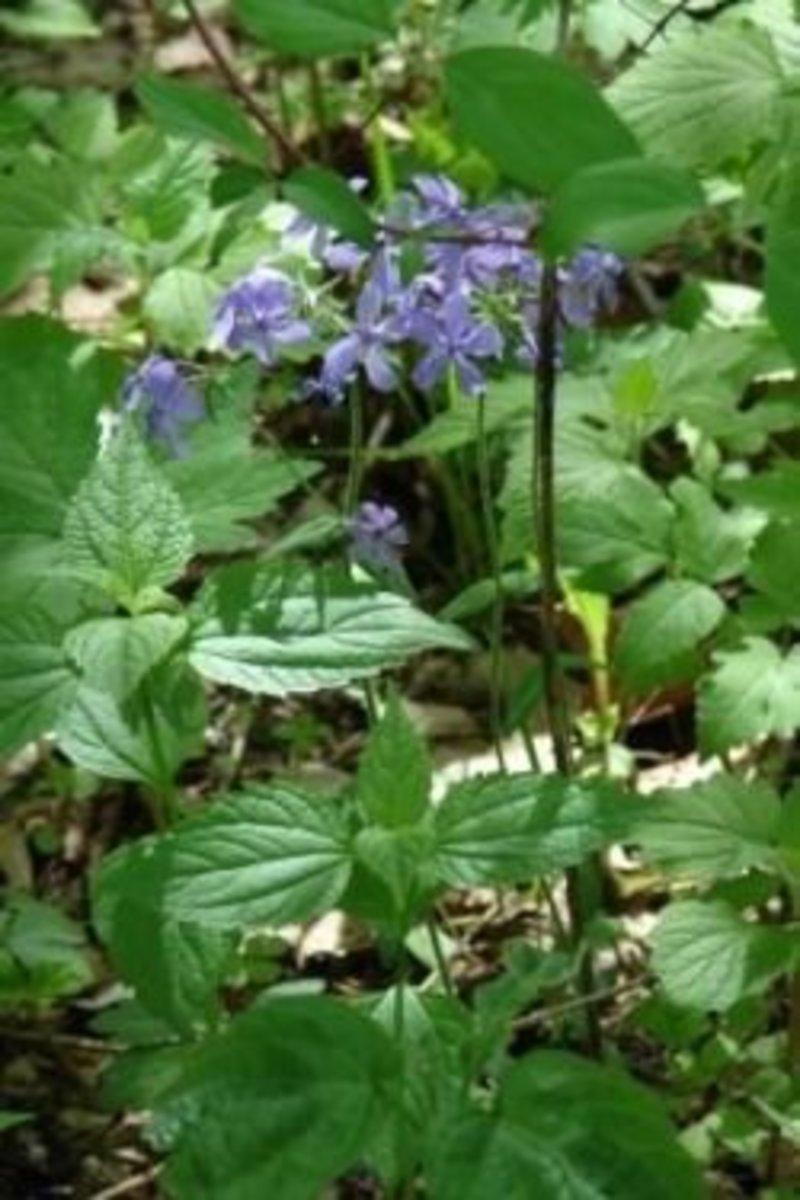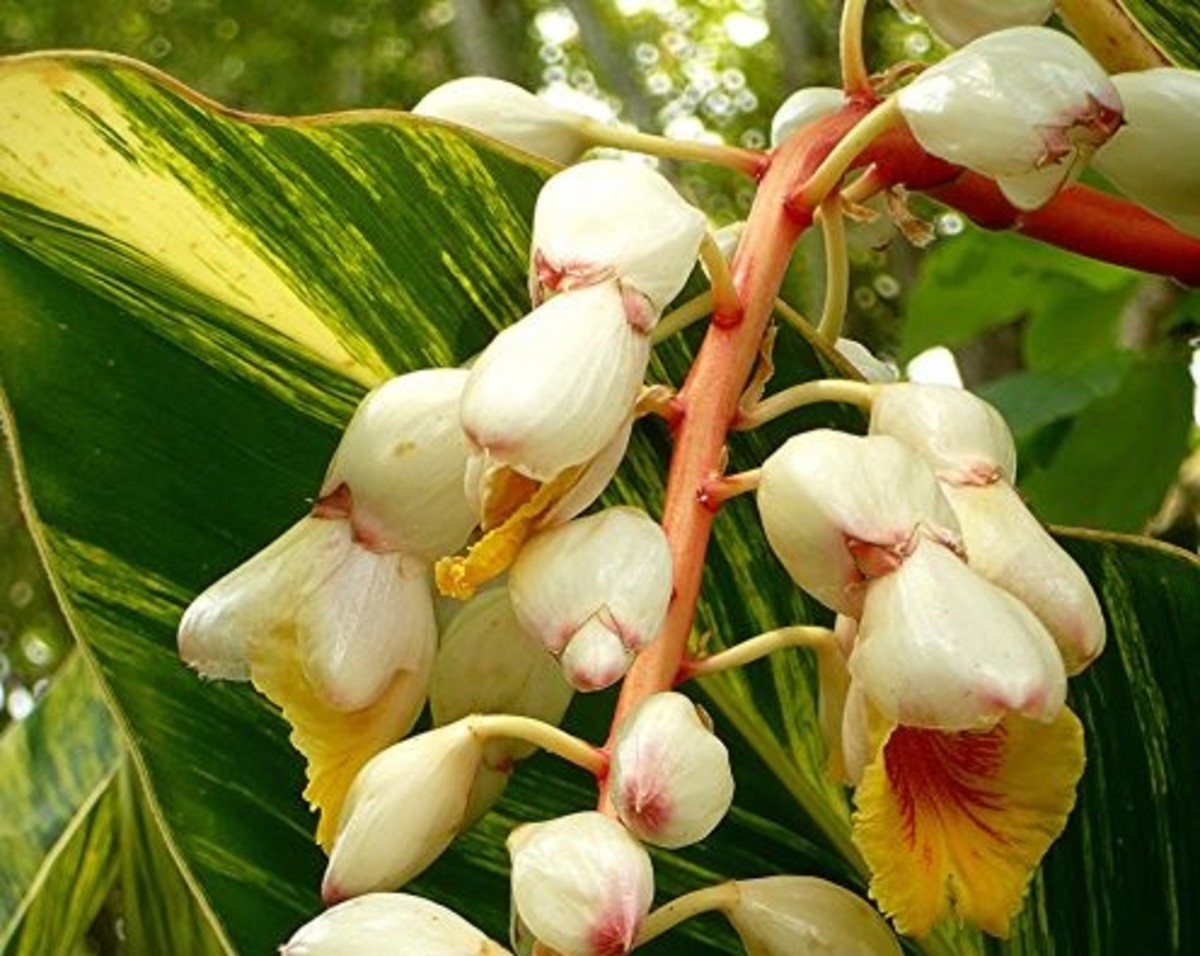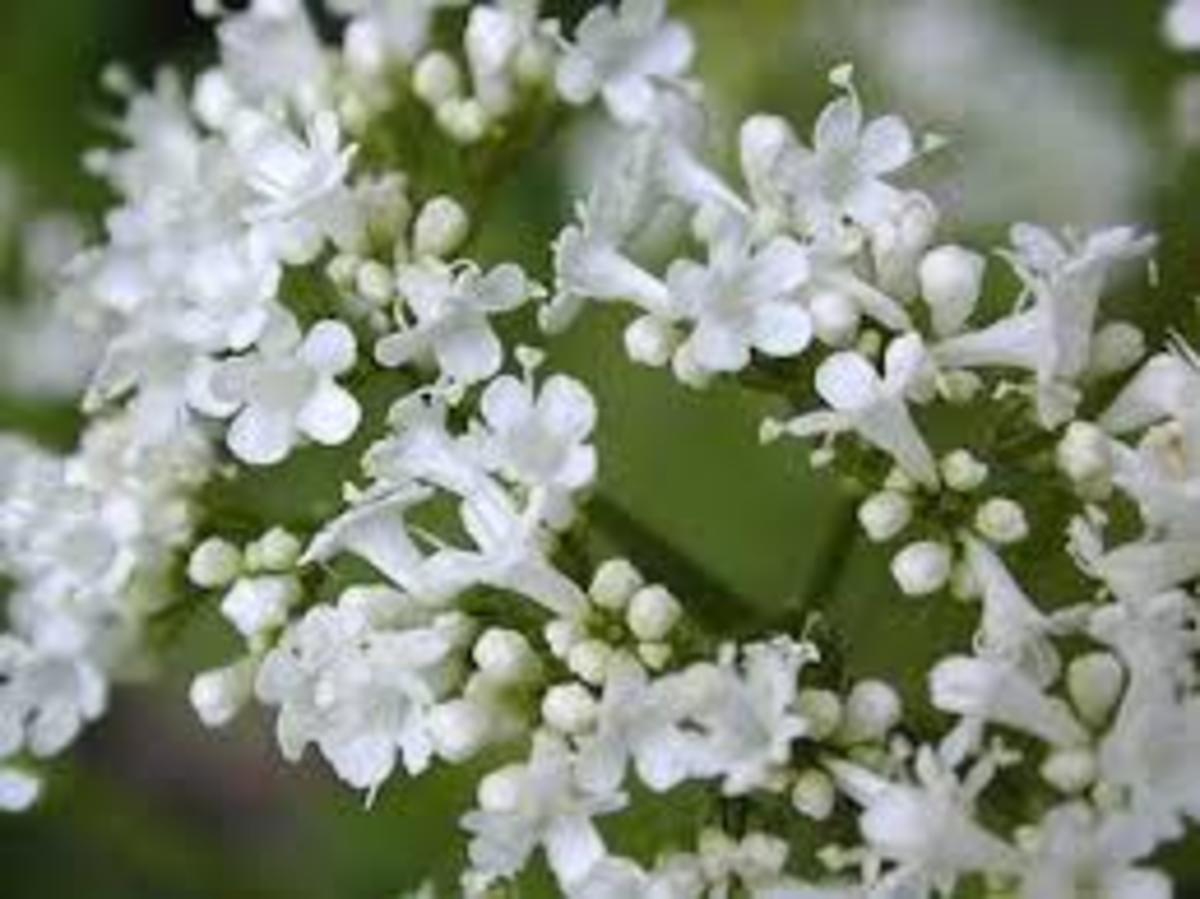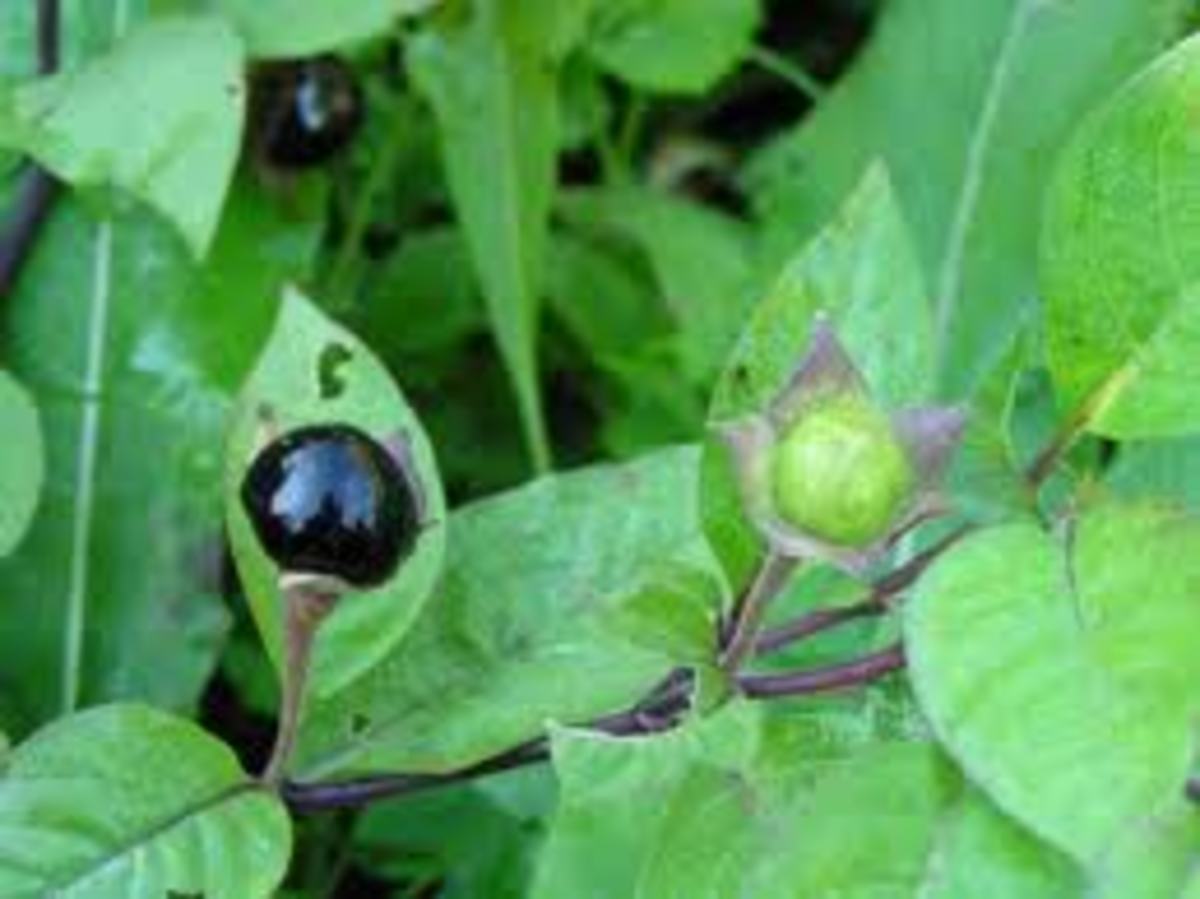Herbal Health; History and Interesting Facts
Nature's Palette of Herbs
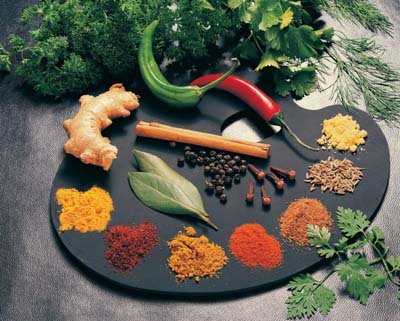
Herbal health and remedies have been around since primitive man first wandered the earth. Humankind had to observe nature closely to learn how to survive and take care of their basic needs, health being a basic need. They observed animals to see what plants they ate and watched their behavior. They would have had to learn by trial and error what plants they could eat to cure a stomachache, which plants could be used to heal a cut or burn and which plants to avoid. We now reach in our cupboards and open a bottle to take a vitamin or herbal supplement whereas early man had to hunt and gather and experiment to figure out what worked.
In the past almost all medicines were herbs. The very common little white tablet we now know as aspirin has as its main ingredient, acetylsalicylic acid, which is derived from the bark of a willow tree. Oral decongestants that don't make you sleepy contain pseudoephedrine, which is made from the ephedra plant. At least one-fourth of the prescription drugs prescribed by doctors contain active ingredients derived or synthesized from herbal plants, says Norman R. Farnsworth, Ph.D, Director of the Center for Botanical Dietary Supplements Research, University of Illinois, Chicago College of Pharmacy.
Papyrus Ebers
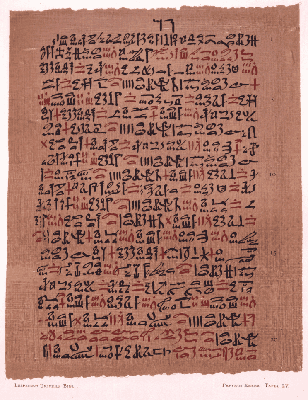
Interesting Fact
1804- a German apprentice pharmacist, Friedrich Sertuner, isolated an active element of the opium plant, a chemical alkaloid which he called 'morphine'. In 1817, it was marketed as an analgesic. It is now considered the 'gold standard' of analgesics in clinical medicine to relieve severe or agonizing pain.
History of Herbal Medicine
The primitive discoveries were eventually systematized in ancient Rome, Greece, Egypt and China. Different cultures would catalog and preserve their knowledge of herbal remedies. In ancient Egypt, the Papyrus Ebers was written around 1550 B.C., and is one of the two oldest, medical, preserved documents. It is 110 pages (scrolls) written about ancient Egyptian medicine. It lists aloe vera as a remedy for cuts and burns. It lists mint as an aid to digestion and soothes flatulence. Did you ever wonder why they have dinner mints? Basil is listed as excellent for the heart.
Herbal remedies continued for centuries. Modern science and chemistry introduced the ability for scientists and doctors to isolate the active ingredients from herbs and produce a faster-acting medicine. Late 19th century, herbal remedies were considered old fashioned. While dosages of medicine were standardized with synthesized drugs, herbal medicine required guesswork for dosage administration.
Some practitioners continued to administer herbal remedies, homeopaths, osteopaths, chiropractors, hydratherapists as well as a group who combined European herbal traditions with Native American tradition.
Now in the 21st century, with the rising costs of healthcare, the $39 billion Complementary & Alternative Medicine Industry and the $1.9 million practitioner supplements market are attracting more and more consumers. They are seeking traditional Chinese medicine, acupuncture, massage therapy, ayurveda, naturopathy, as well as those listed above according to the Nutrition Business Journal.
How To Grow An Herb Garden Indoors
Interesting Fact
Herbs are very adaptable. As a general rule, an herb garden requires less attention than a vegetable garden. Most herbs thrive in the sun, with six to eight hours of exposure being the ideal.
Back to Nature?
Why do people gravitate towards herbal medicine?
- self-care and disease prevention are a major factor in choosing herbal remedies
- back to nature philosophy about life in general, choosing to find the simple cures that have been known to man for centuries
- rising health care costs that often steer people towards herbs
- used in replacement of potent prescription drugs to reduce their powerful side effects
Rosemary Gladstar, herbalist and author of Herbal Healing for Women states that, "unlike antibiotics, herbs can be used to treat infections, both viral and bacterial." As with any health related issue, a doctor should be consulted before considering herbal remedies in place of any medicine that has been prescribed. On every office visit, my doctor updates any medication I'm taking (thankfully, none), as well as all vitamins and herbal supplements. It's very important that it is documented on a patients records in order to discover any possible interactions that could occur. If your doctor doesn't do this, ask why, because it should be updated each time you have an office visit. If ever in doubt about an herb you may want to try, consult your doctor first!
Do you use or have you ever used an herbal supplement?
Educate Yourself and Always Consult a Professional First
Herbal remedies have been around for centuries and will continue to be popular as our world progresses in technology and scientific discovery. We are first and foremost responsible for our own health. There has been recent research done in conjunction with heart disease patients and certain herbs. According to the Mayo Clinic in an article dated Feb. 1, 2010, there are three popular herbs that can be dangerous while taking heart medication drugs.
- St. Johns Wort (taken for depression, anxiety) reduces the effectiveness of medications.
- Ginkgo Biloba (taken to sharpen memory, increase circulation) increases bleeding risk in those taking wayfarin or aspirin
- Garlic (taken to boost immune system and lower cholestorol) can increase bleeding with those taking wayfarin
Always consult with a physician first, as our primary goal with supplements and herbal remedies is to increase our health and well being. I hope this article has been of help to you, the reader, and helps to bring more awareness concerning the use of herbal remedies.





